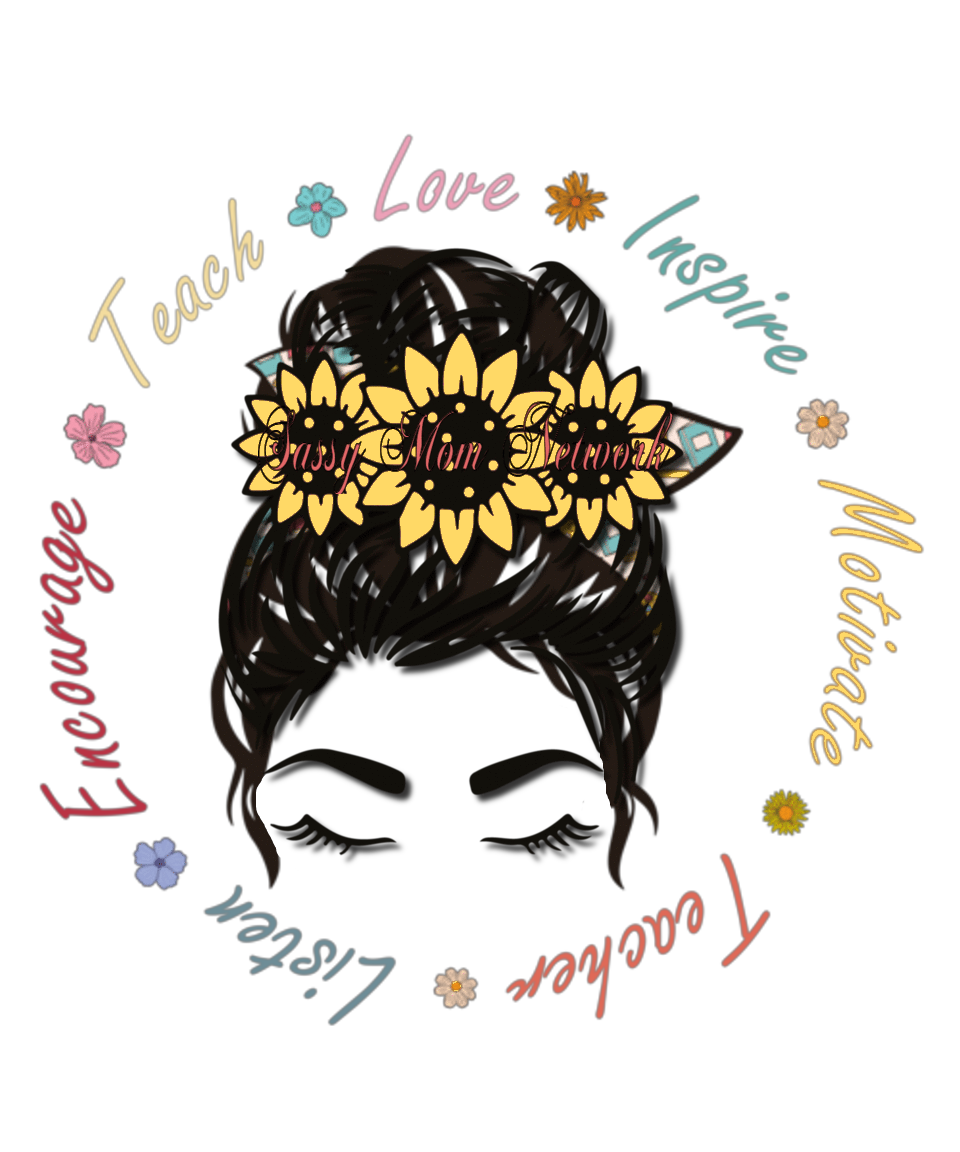Herbal Extracts vs. Tinctures: The Ultimate Guide for Survival and Wellness
Understanding the difference between herbal extracts and tinctures is essential for anyone interested in prepping, survival gardening, or simply boosting their health with nature’s offerings. While both are made from plants, they serve different purposes and should be used in specific ways. Let’s break it down so you can make the most out of your herbal remedies!
Herbal Extracts in Edible Oils (for Consumption)
Herbal extracts made in edible oils are infused with herbs that are safe for internal consumption. These extracts are typically made by steeping herbs in oils like olive oil, coconut oil, or sunflower oil. The medicinal properties of the herbs are extracted into the oil, making them perfect for cooking, dressings, or as supplements for daily health boosts.
➡ Examples:
Garlic-infused olive oil (great for cooking and natural immune support)
Rosemary oil (used in cooking and has a number of health benefits)
These oils can be incorporated into your daily meals or used as natural remedies for specific health issues. They’re a great option for anyone wanting to use herbs in a more subtle, yet powerful way but can only be made with herbs that are edible.
Think popular Brand name Herbal Tea. Also always know any cautions and or warning of herbs, and allergery warnings!
Herbal Extracts for Skincare (Oil-Based)
Not all herbal extracts are made for consumption. When it comes to skin-safe oils, herbs are infused into oils like jojoba, almond, and coconut oil, which are used for making soaps, lotions, and other body care products. These oils are beneficial for external use and should never be ingested.
➡ Examples of skin-safe oils:
Jojoba oil (perfect for moisturizing, but not for eating)
Coconut oil (great for skincare, but also edible in cooking)
Sweet almond oil (used for skin hydration but should never be ingested)
Herbs like lavender, peppermint, and chamomile are commonly used in these skin-safe oils, helping to soothe, heal, and hydrate the skin. While these extracts are beneficial, remember they are only for external use. Always know any cautions and or warning of herbs, and allergery warnings!
Herbal Extracts in Glycerin (for Soap-Making)
Herbal extracts can also be made in vegetable glycerin, which is used in homemade soaps and lotions. Glycerin is a natural humectant, meaning it draws moisture from the air, making it an excellent ingredient for moisturizing your skin. When combined with herbs, these glycerin-based extracts provide an added herbal benefit to your skincare routine.
➡ Examples:
Chamomile glycerin extract (calms and soothes the skin)
Calendula glycerin extract (known for its skin-healing properties)
These herbal glycerin extracts should only be used externally and can be a great addition to your handmade soap recipes or homemade skincare products. Always know any cautions and or warning of herbs, and allergery warnings!
Tinctures (Internal Use Only)
Tinctures are made by infusing herbs in alcohol or sometimes vinegar to extract the medicinal compounds from the plants. These concentrated extracts are typically used for internal consumption and can offer a wide range of health benefits, from boosting immunity to aiding digestion. Tinctures are always meant for internal use, so be sure to only use safe herbs that are suitable for ingestion, not toxic, or have any other detrimental effects.
➡ Examples:
Echinacea tincture (commonly used to boost immunity)
Valerian root tincture (used to help with sleep and relaxation)
Because tinctures are concentrated, it’s important to follow recommended dosages to avoid any adverse effects. Always ensure that the herbs used are safe for internal consumption.
Always know any cautions and or warning of herbs, and allergery warnings!
Essential Oils (Topical & Aromatherapy Use)
Essential oils are highly concentrated plant extracts that are typically used in aromatherapy or topical use. Unlike herbal extracts and tinctures, essential oils should never be ingested unless specifically noted by a professional. They are often used for skin care, relaxation, or as a room scent. External uses.
Essential oils must always be diluted before applying to the skin to avoid irritation, and some should never be used on skin at all.
➡ Examples:
Lavender essential oil (great for relaxation and soothing skin when diluted and added to handmade soaps, or used in a diffuser)
Peppermint essential oil (used for headaches or sore muscles, but must be diluted properly and used in a concoction, and cane be used in foot scrubs)
Some essential oils, like eucalyptus and tea tree, should only be used in small amounts and with caution.
Never ingest essential oils without consulting a healthcare provider.
Key Differences Summary:
1. Herbal Extracts (Edible Oils): Infused with edible oils like olive or coconut oil, and safe for internal consumption typically used in cooking but if its a skinsafe herb like rosemary you can add this extract into your handmade soap.
2. Herbal Extracts (Skincare Oils): Made with skin-safe oils like jojoba or almond oil and other oils for topical use only.
3. Herbal Extracts in Glycerin: Used in soap-making and other topical applications (non-edible).
4. Tinctures: Alcohol-based extracts made for internal consumption only, with safe, medicinal herbs.
5. Essential Oils: Never for internal use, and typically used for aromatherapy or handmade soaps use (diluted). Also know any warnings and cautions.
The Important Takeaway:
Edible herbal extracts are safe for consumption, making them perfect for cooking, infusions, and natural remedies, always make sure your using edible safe oils and herbs only.
Skin-safe herbal extracts are designed for topical use, helping to nourish and protect your skin, always ensure skin safe herbs are used and marked not made for consumption.
Tinctures are concentrated and made for internal consumption, so always ensure the herbs are safe for ingestion and made properly. Always use proper procedures and recipes specifically created for tinctures.
Essential oils are used in aromatherapy and for skincare, but they should never be consumed or used undiluted on the skin. Some people argue using them internally, I don't care! I will not reccomend internal use of essential oils!
Knowing the difference between these types of extracts is essential for making the most out of your herbal remedies—whether you’re adding them to your meals, making your own soap, or using them to improve your health. ALWAYS know the difference if your not sure do more research! If your not going to remember the differences simply print this page and referback to it!
Main Key Takeaway:
Before diving into making and using herbal extracts, tinctures, essential oils, or any other plant-based remedies, it’s crucial to know and understand the differences between them. Each has unique properties, uses, and cautions.
Always research the properties, benefits, and potential risks of the herbs you're working with, and be mindful of any warnings related to dosages, safety, and appropriate uses.
Whether it’s for internal consumption, skincare, or aromatherapy, don’t go willy-nilly! Educate yourself to ensure you’re using herbs safely and effectively, so you can reap the benefits without any unwanted surprises.
➡ More Key Takeaways: Understanding the Difference & Importance of Herbal Preparations
Before diving into making your own herbal extracts, tinctures, or oils, it's crucial to understand the differences between these preparations. Each serves a distinct purpose, and using the wrong one could have unintended consequences. Always be sure to learn the properties, cautions, and warnings of any herb you're working with—whether it’s for internal or external use.
Here are some important considerations:
1. Storage Tips: To maintain the potency of your creations, always store tinctures in a cool, dark place. Light and heat can degrade the quality over time. Herbal oils should be kept in airtight containers to prevent oxidation and preserve their effectiveness.
2. Patch Testing: Always perform a patch test before applying any herbal preparations to your skin. Apply a small amount of the product to an inconspicuous area (like the inner forearm) and wait 24 hours to ensure you don't have an adverse reaction. This is especially important for those with sensitive skin or allergies.
3. Consult a Professional: While herbs have many benefits, it’s always wise to consult a healthcare provider or a qualified herbalist before using herbs, particularly if you’re pregnant, nursing, or taking medication.
Some herbs can interact with medications or may not be safe for certain individuals, some are not safe for children or pregnant woman.
4. Quality Matters: Not all herbs and oils are created equal. When making your own herbal creations, it’s essential to use high-quality ingredients. Opt for organic, wildcrafted, or sustainably sourced herbs whenever possible to ensure you're getting the best possible results.
5. Fresh vs. Dried Herbs: Be aware that fresh herbs contain more moisture and can dilute your final product. Dried herbs, on the other hand, are more concentrated, making them ideal for tinctures and extracts. Depending on what you're making, choosing between fresh or dried herbs can impact the potency and shelf life of your product.
6. Legal Considerations: Keep in mind that some herbs, such as cannabis or other controlled substances, may have legal restrictions in your area. Always check local laws and ensure that the herbs you are using are legally permitted for consumption or topical application.
Research each herb thoroughly before using it in any of your creations to ensure it's safe and effective for your intended purpose.




.jpg)


















.jpg)





